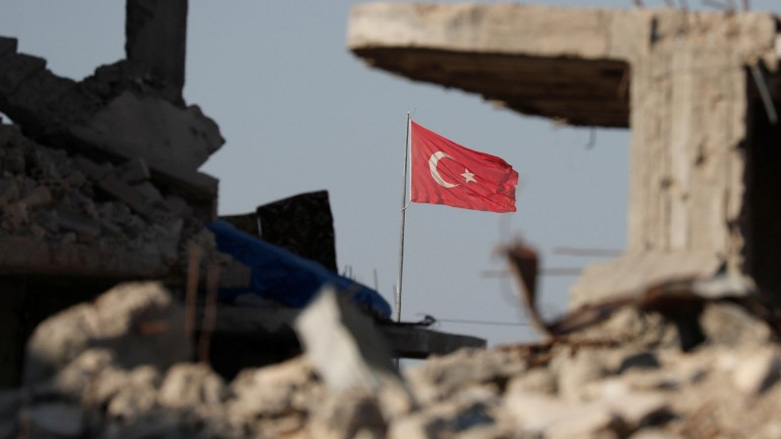US concerned about direction Turkey is taking

WASHINGTON DC (Kurdistan 24) - “We are concerned about the track that Turkey is on,” US Assistant Secretary of State for European and Eurasian Affairs, Dr. A. Wess Mitchell, told the House Foreign Affairs Committee, as it held a hearing on Wednesday, entitled, “US Policy Toward a Turbulent Middle East.”
Mitchell explained that US concerns about Turkey include its commitment to “democracy and the rule of law” since the attempted coup in July 2016, as well as the “broader geopolitical” picture.
Mitchell noted Turkey’s “coordination with Russia and Iran,” including Ankara’s announced intent to purchase Russia’s S-400 air defense system.
If the sale does, indeed, go through, it will subject Turkey to US sanctions, mandated by Congress.
“We take this seriously and have prioritized that in our diplomatic conversations” with Ankara, Mitchell told the Congressmen.
He also explained that Turkey’s assault on the Kurdish canton of Afrin had “very much complicated” the US-led campaign against the Islamic State (IS), because it had drawn Kurdish fighters, who provide the leadership of the Syrian Democratic Forces (SDF), away from the fight against the terrorist organization.
Col. Ryan Dillon, Spokesman for the anti-IS coalition in Baghdad (CJTF-OIR), said much the same on Tuesday. The coalition was “urging” those fighters to return from Afrin, Dillon said, so “we can build up combat power and start to push again” against IS in the Middle Euphrates River Valley, one of its last strongholds in Syria.
Amb. David Satterfield, Acting Assistant Secretary of State for Near East Affairs, suggested that circumstances were improving, as he advised the committee, “The situation in Northern and Northeastern Syria has, over recent weeks, stabilized.”
“We have seen no further movement of Turkish forces beyond Afrin,” he said.
Until recently, President Recep Tayyip Erdogan, as well as other Turkish officials, had repeatedly threatened to attack SDF-held areas to the east, including in the city of Manbij, where US troops are deployed, alongside their SDF partners.
There is broad Congressional appreciation for the Kurdish role in fighting IS and sympathy with the Kurdish people, which was reflected in the telling questions of Brad Sherman (D, California.)
“Assuming that [Bashar] al-Assad remains in power,” Sherman asked, “why shouldn’t we allow the Kurds to have sovereignty”?
“Why should we insist that they continue to live in a country riven by war, Assad, Russia, Iran, Hizbollah?”
Those are excellent questions. Yet it remains US policy to maintain Syria and Iraq—two political entities artificially created by European powers over 100 years ago—as united, integral states, or, at least, to try very hard to do so.
